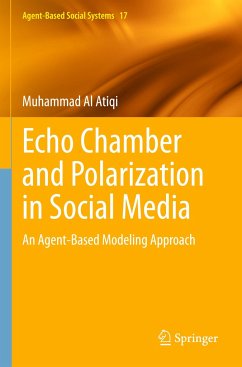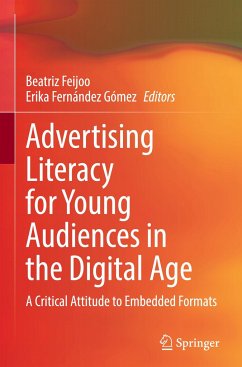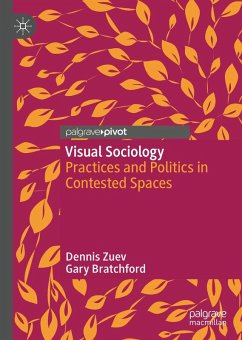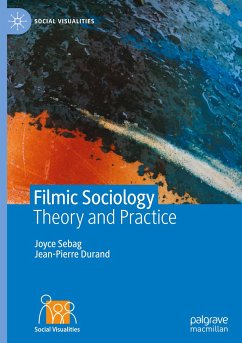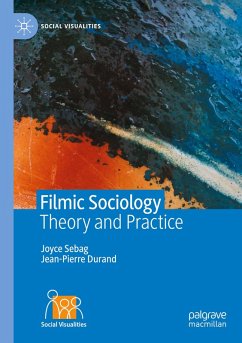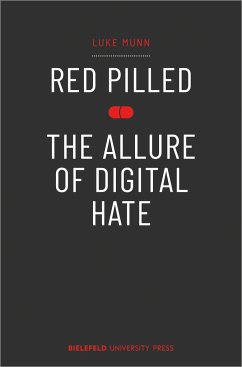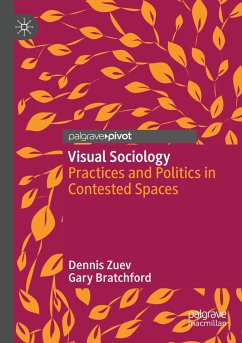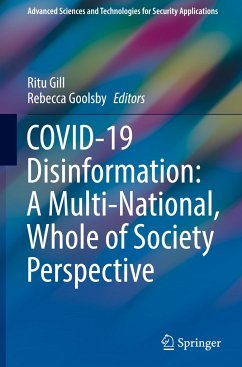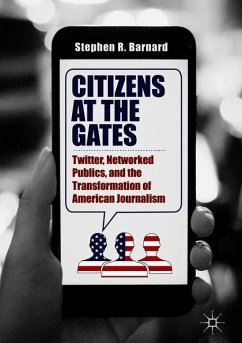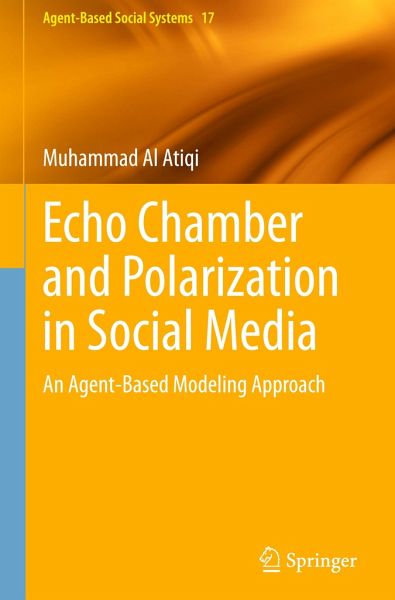
Echo Chamber and Polarization in Social Media
An Agent-Based Modeling Approach
Versandkostenfrei!
Versandfertig in 6-10 Tagen
91,99 €
inkl. MwSt.
Weitere Ausgaben:

PAYBACK Punkte
46 °P sammeln!
This book addresses increasingly relevant social problems enabled by social media through the lens of system science research and modeling. Instead of evaluating existing patterns from existing social media data, the book focuses on exploring the possibility of various policies. Specifically, it provides fresh insight into the political echo chamber and polarization in social media using agent-based modeling and scenario analysis. The book contains a practical framework to study the factors influencing echo chambers and polarization formation occurring in social media communication. By modelin...
This book addresses increasingly relevant social problems enabled by social media through the lens of system science research and modeling. Instead of evaluating existing patterns from existing social media data, the book focuses on exploring the possibility of various policies. Specifically, it provides fresh insight into the political echo chamber and polarization in social media using agent-based modeling and scenario analysis.
The book contains a practical framework to study the factors influencing echo chambers and polarization formation occurring in social media communication. By modeling individual social media users' information consumption, the influence of various behaviors and policies are captured as macro-phenomena. The book also introduces a comprehensive agent-based reinterpretation of the Zaller model, a classic in public opinion research. In addition, the book demonstrates two real-life applications of the model using empirical observations: resolving theconflicting observations of the online echo chamber effect, and modeling the influence of vaccine-related Facebook pages on users' opinions about vaccination.
The book contains a practical framework to study the factors influencing echo chambers and polarization formation occurring in social media communication. By modeling individual social media users' information consumption, the influence of various behaviors and policies are captured as macro-phenomena. The book also introduces a comprehensive agent-based reinterpretation of the Zaller model, a classic in public opinion research. In addition, the book demonstrates two real-life applications of the model using empirical observations: resolving theconflicting observations of the online echo chamber effect, and modeling the influence of vaccine-related Facebook pages on users' opinions about vaccination.





